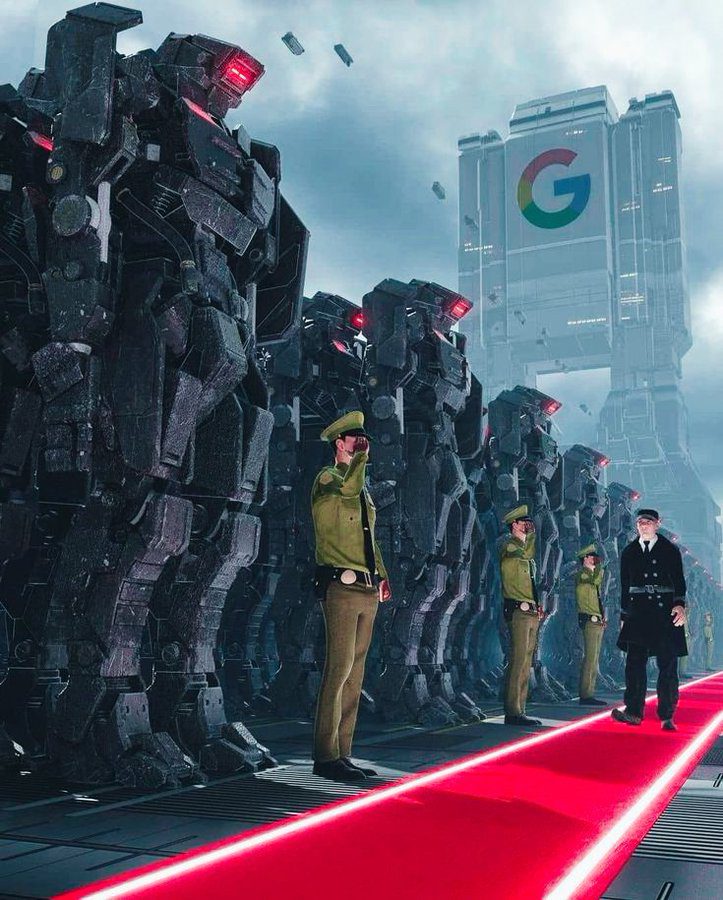AI’s Impact on Job Replacement
The rapid advancement of Artificial Intelligence (AI) has sparked a significant debate about its impact on employment. According to a recent tweet, it is predicted that AI will replace 85 million jobs by 2025. This prediction has raised concerns across various industries, including customer service, healthcare, and creative work. The question on everyone’s mind is: Is AI really going to replace us?
Industries Dominated by AI
AI tools are already making significant strides in several sectors. In customer service, AI chatbots and virtual assistants are handling customer inquiries with increasing efficiency. In healthcare, AI is being used for diagnostics and treatment planning, revolutionizing patient care. Even in creative fields, AI is generating content, designing graphics, and composing music. The integration of AI in these industries is undeniable, but it also brings the question of job security to the forefront.
AI and Job Creation
While the fear of job displacement is real, it is essential to consider the potential for job creation. According to Tech Mahindra’s CP Gurnani, AI can create more jobs than it potentially eliminates. The rise of AI is driving demand for AI-related skills and training, opening up new opportunities for the workforce. Upskilling and reskilling are crucial to ensuring that employees can adapt to the changing job landscape. AI can create more jobs than it potentially eliminates.
AI’s Impact on the Tech Industry
The tech industry is experiencing a significant transformation due to AI. A study by MIT’s Computer Science and Artificial Intelligence Laboratory (CSAIL) suggests that AI won’t steal as many jobs as expected. The study provides a nuanced perspective, considering economic factors and business incentives. It highlights that while some jobs may be automated, new roles will emerge, particularly in tasks involving visual analysis. AI won’t steal as many jobs as expected.

AI in Recruitment
AI is also making its way into the recruitment process. Companies are using AI to automate the screening of resumes and to rate video interviews by job applicants. However, there are concerns about the potential for AI to embed human biases in the technology. To mitigate this, collaboration between HR professionals and AI developers is needed to ensure fairness and diversity in hiring practices. The bias problem with using AI in job recruitment.
Preparing for the AI Future
As AI continues to evolve, it is crucial for the workforce to adapt. Programs offering free job training can help professionals gain in-demand AI skills and remain competitive in the evolving job market. A survey by Mercer | Mettl indicates that proficiency in generative AI will be the most sought-after job skill in the next ten years. This trend towards skills-based hiring highlights the need for continuous learning and adaptation. Proficiency in generative AI will be most sought-after job skill in next 10 years.

Related Articles
- Why AI is not a threat to knowledge workers
- What you need to know about artificial intelligence
- Top 5 AI tools for real estate in 2023
- Why embracing AI is essential for modern book publishers
- AI classes online: Your ultimate guide to mastering artificial intelligence
Looking for Travel Inspiration?
Explore Textify’s AI membership
Need a Chart? Explore the world’s largest Charts database
